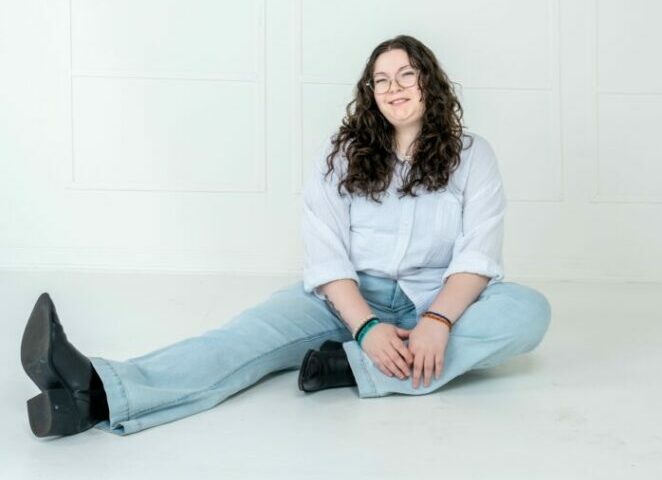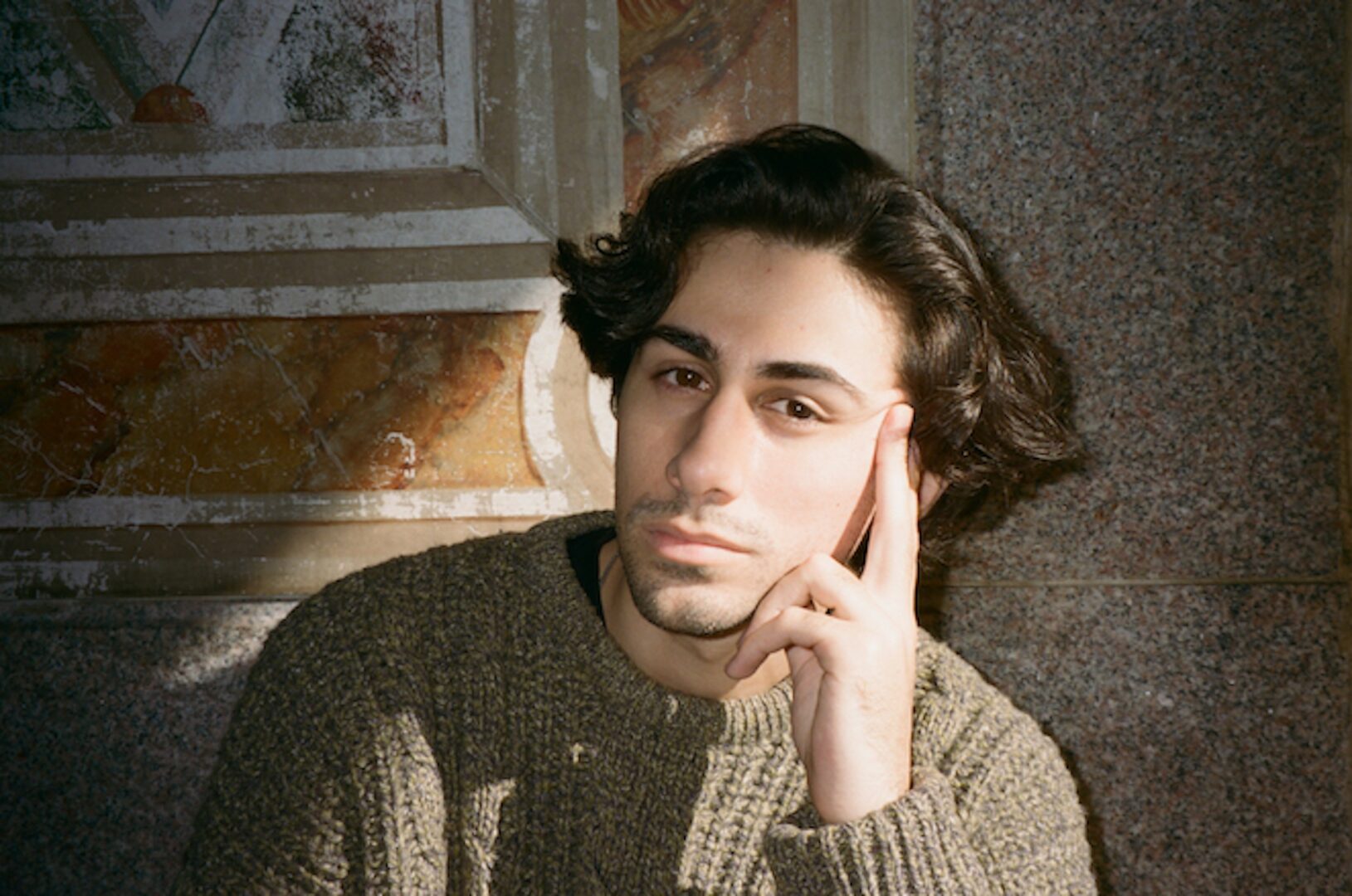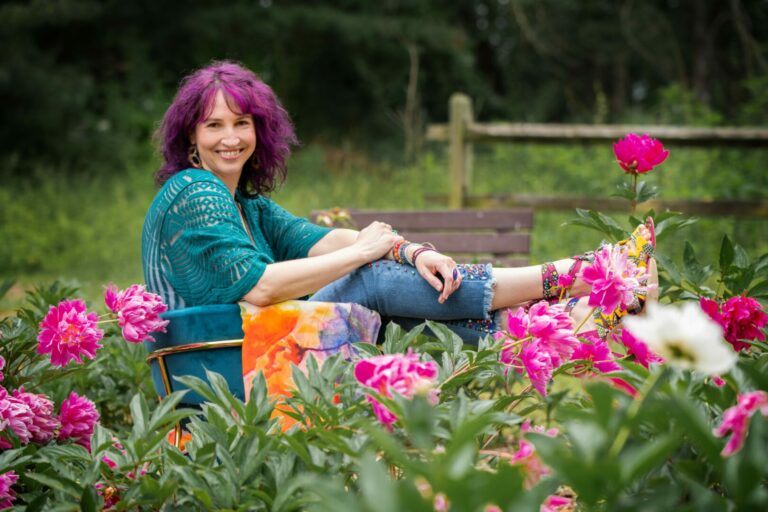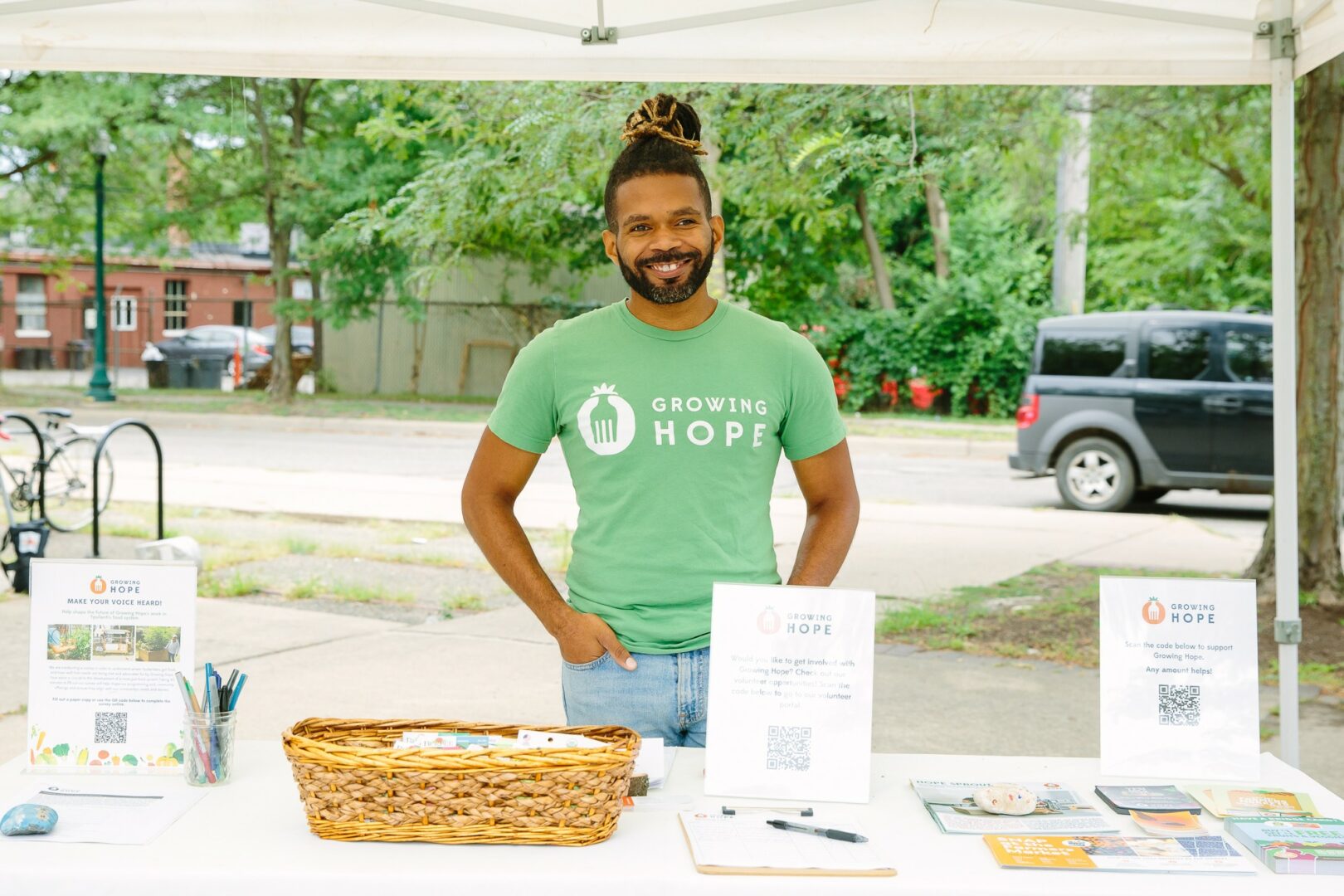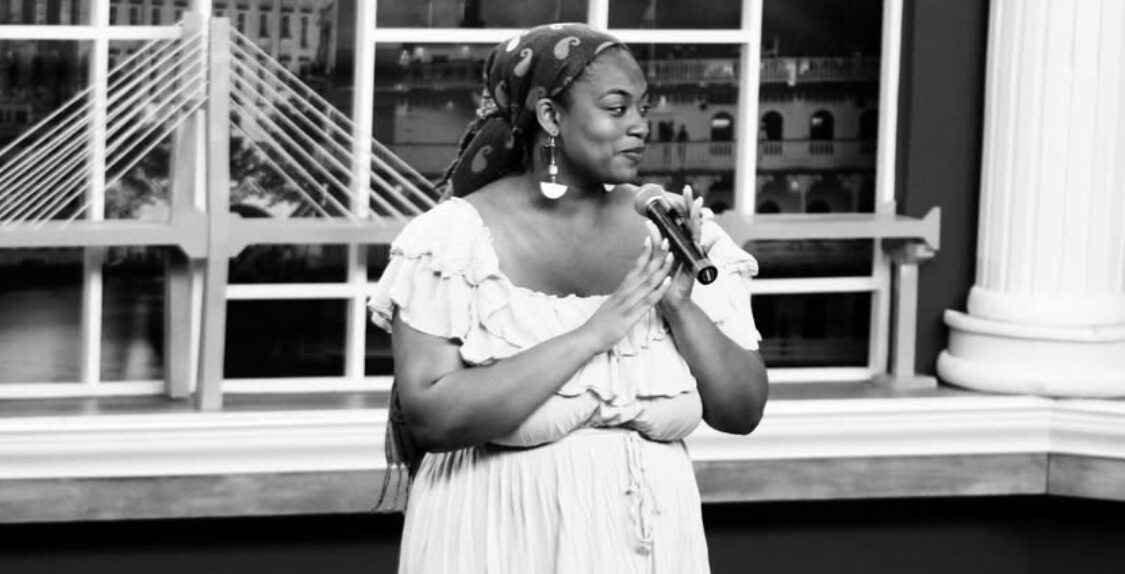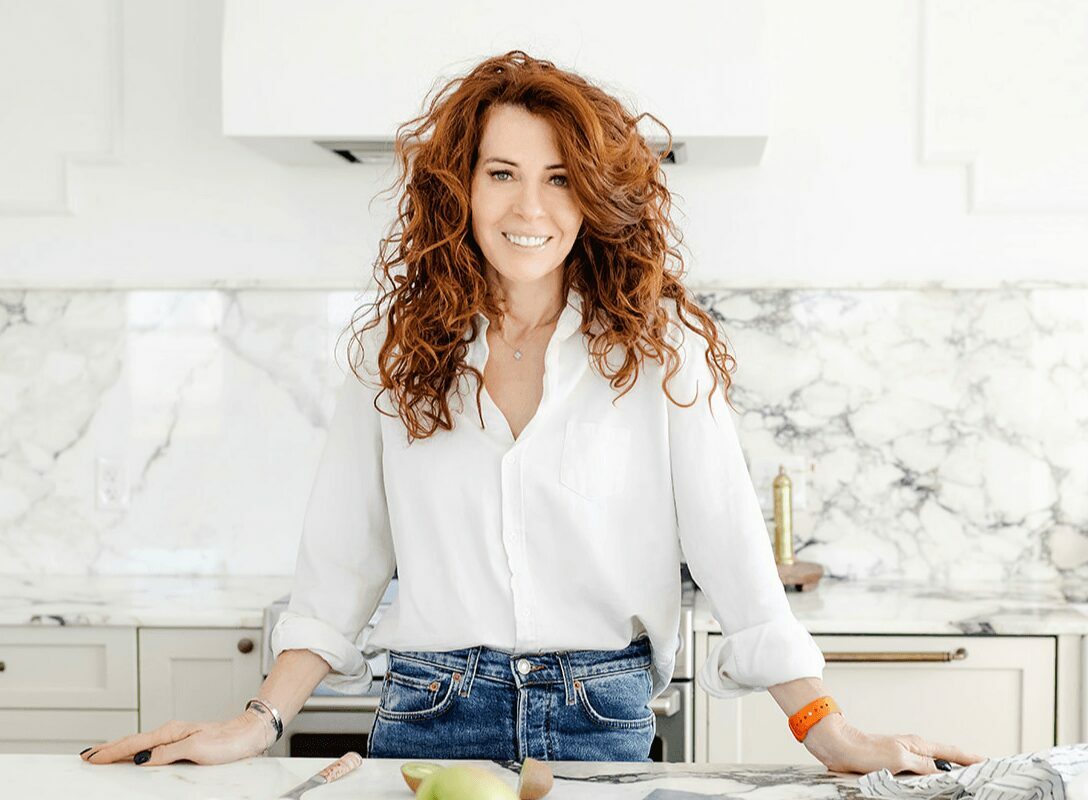“Empathy is the starting point for creating a community and taking action. It’s the impetus for creating change.” – Max Carver
We think Max Carver got it right and that if we truly care about community building and making positive changes in the world, we have to invest in learning about how to become even more empathic as empathy is at the heart of true understanding. We asked some deeply empathic leaders to share their perspectives below.
Gloriana Jensen
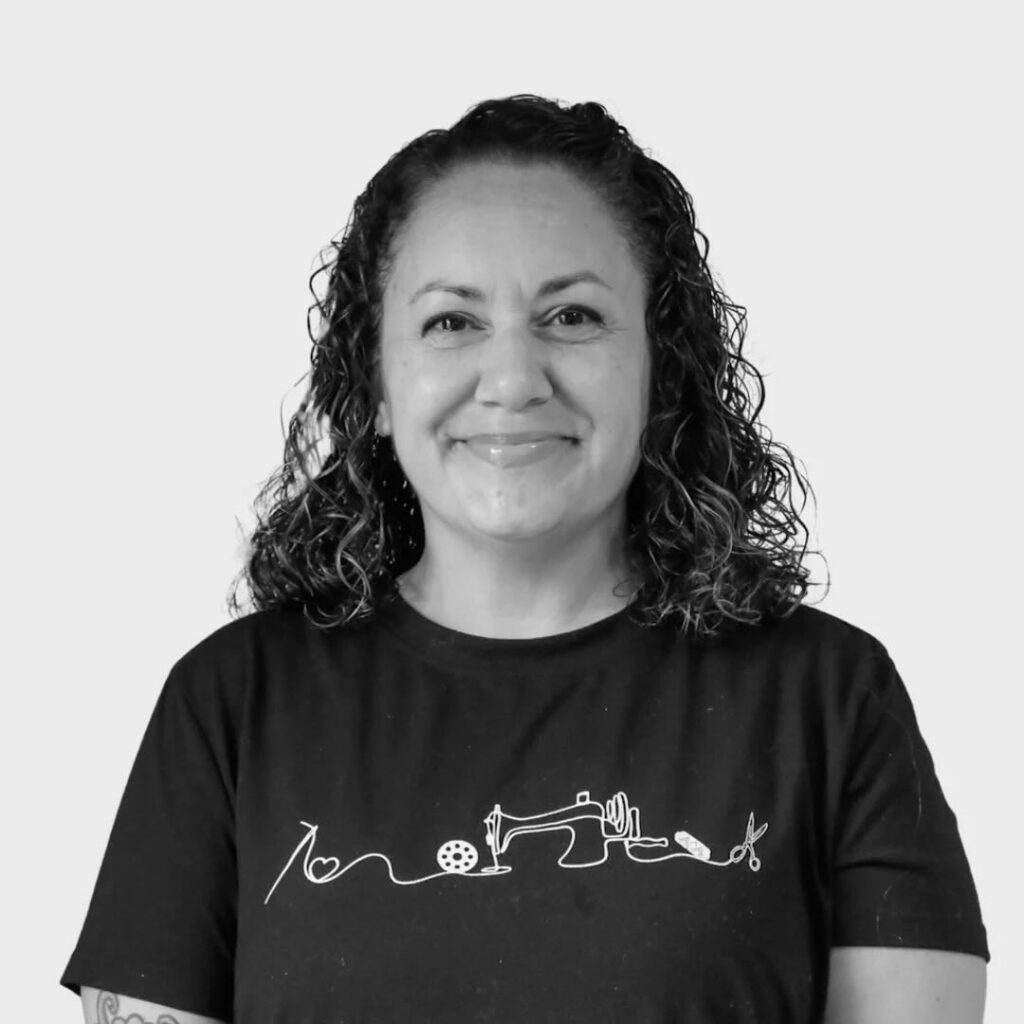
I have served in the US Navy for almost 24 years now. My husband and I will be retiring on Valentine’s Day 2025. Through my years in the Navy, I have had several assignments where I either had to deliver very bad news, or worse, escort the remains of a fallen Sailor home to their family. No matter the cause of what happened, the grief on the other side looked the same. It was a never-ending exhale. A breath that you couldn’t catch. A search for an escape route to get you away from a terrible moment. All of it was pain. Read more>>
Healing Hope
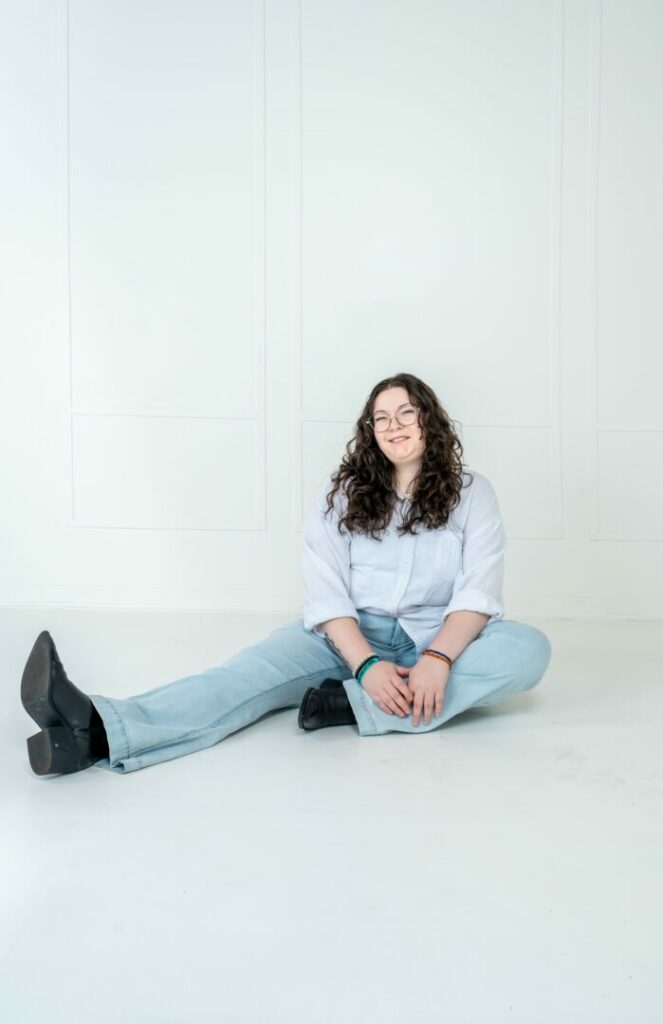
The conditions that allowed me to develop my empathy were being a transracial adoptee at birth, growing up with a younger brother on the Autism Spectrum, experiencing mental health challenges from a young age, surpressing my sexuality until my 20s, finding my biological mother and siblings only to be crucified for my parents’ “sins”, and experiencing prolonged childhood sexual abuse at the hands of several trusted adult men in my life. One of the strongest feelings I remember from childhood is constantly feeling “othered” and I can see that that is because of a combination of the conditions listed above. My adoptive parents decided to be open about my adoption due to information they received during the process. They gave me a scrapbook with information about my biological parents and sisters that let me know my biological mother is white and my biological father is Mexican. That was the last discussion of my race until I was in high school applying for scholarships because I pass for white. Read more>>
Shaun-meghan Mcnally
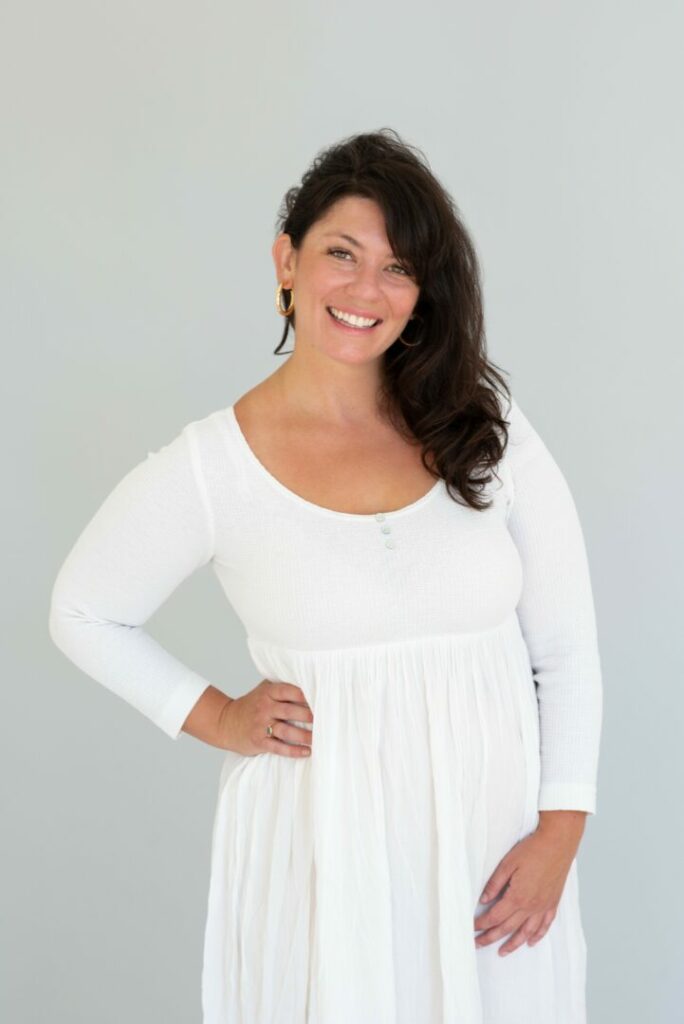
What conditions allowed me to develop my empathy? The word “allowed” gives me pause because empathy has never felt like permission granted. From my earliest memories, it was simply there—a weight I carried, natural, undeniable, and sometimes painful. Not to say I was born a saint, but I’ve always felt others’ emotions as if they were my own.
One of my most vivid memories of empathy is from my junior year of high school. In my Law class, I sat next to a husky, sweet, quiet freshman with a crooked smile he was ashamed of. He was on the JV football team. The teacher ruthlessly insulted him, day after day. He was failing the class in every way, from not completing homework to failing tests. He emanated an undeniable sense of hardship. One day the teacher said to him in front of the class, “Why don’t you get off your fat ass, and take a run around the block, and then maybe try to do some homework?” Read more>>
Emily Makinzie
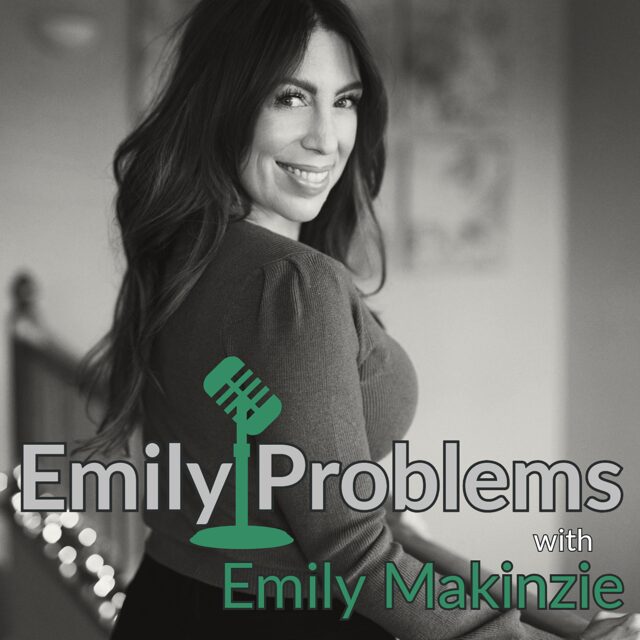
Empathy, I feel, is best learned through pain. Which ain’t fun! But golly how lovely empathetic people are. Through my years of pains and struggles and failures, I have had moments where I just want to love others. Nobody is without pain, and the authentic people of the world, are the people I gravitate to. The people who are open and honest about being down. Once you have empathy, you attract it, which is beautiful, since we all rise together. Read more>>
Niranjan Patil

Empathy is a strong feeling. I can be quite sensitive to my environment and sense others’ feelings. I believe it boiled down to the environment I was born and raised in, especially growing up with a narcissistic father. His controlling behavior—emotional and financial abuse, dictating even the smallest aspects of our lives, from controlling what we wore to our haircuts—created a pretty oppressive environment for my mom, my sister, and me. It wasn’t easy, and for a long time, I thought that was just how life worked. The abuse was definitely our normal. There was no empathy in him whatsoever. But my mom’s strength and deep empathy set an entirely different example for me. Read more>>
Dagnee Mckinney-manning

I believe that since I grew up poor and was subjected to what is now called bullying, instead of turning against people, I decided to be more giving. I also think it’s in my nature to give and no one taught me that.
Growing up without made me appreciate so much and I am still a thrifty shopper. I get more satisfaction in giving than receiving. Read more>>
Tori Williams Douglass

Growing up poor and worshiping my dad helped me develop empathy. I grew up under the poverty line, donations for Christmas, food bank and food stamps, public transportation, all my clothes came from Goodwill. Not a terribly unique circumstance, I think what was different was that I was always looking for my dad every time we left the house because he worked constantly. Everywhere. I’m half Black and I grew up in a very white area. My mom claims my dad was the first Black man to live in my hometown. So I constantly had my eyes peeled for my dad. And while I didn’t see my dad, what I did see was a lot of people who looked like my dad who were clearly in crisis. When you grow up not seeing yourself represented much and the people who look like you and your family are disproportionately in crisis? That created a huge amount of empathy in me. Read more>>

